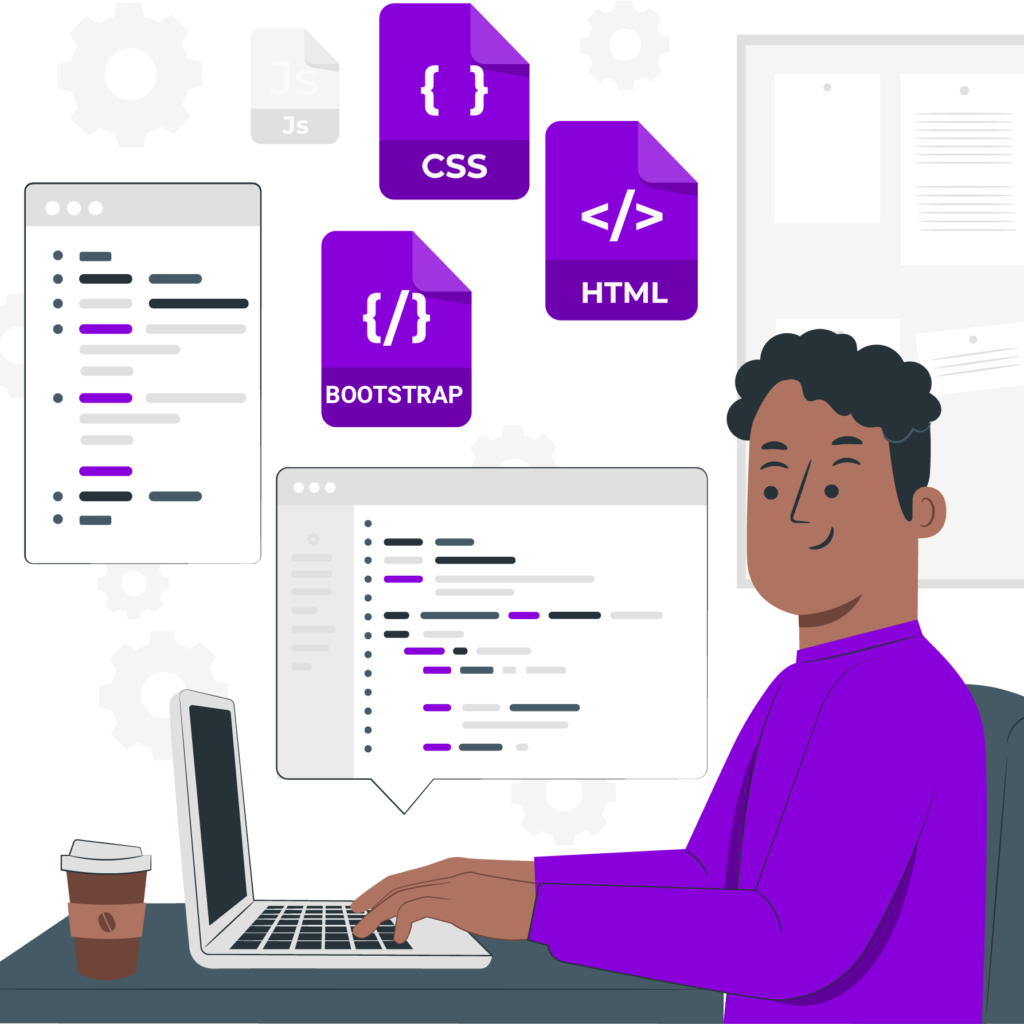Full Stack Java Developer
Full Stack Java Development is a dynamic and exciting field that combines proficiency in Java programming with expertise in both frontend and backend development. In today’s fast-paced tech industry, the role of a Full Stack Java Developer is increasingly crucial as companies seek versatile professionals who can handle various aspects of web development efficiently.
Introduction to Full Stack Java Development
Full Stack Java Development refers to the ability to work on both the client-side and server-side of web applications using Java technologies. It encompasses a broad range of skills, including frontend development, backend development, database management, and system architecture.
Importance of Full Stack Java Developer
Full Stack Java Developers play a pivotal role in the development process, as they possess the skills required to handle all aspects of web application development. They can work independently or collaborate with other team members to build robust and scalable solutions.
Skills Required for Full Stack Java Development
Proficiency in Java Programming
Being the backbone of Full Stack Java Development, proficiency in Java programming is essential. Developers should have a strong understanding of object-oriented programming principles, data structures, and algorithms.
Knowledge of Frontend Development Technologies
Full Stack Java Developers should be familiar with frontend technologies such as HTML, CSS, and JavaScript, along with modern frameworks like Angular, React, or Vue.js. They should be capable of creating responsive and user-friendly interfaces.
Understanding of Backend Development
Backend development involves handling server-side logic, databases, and APIs. Full Stack Java Developers should be adept at using frameworks like Spring Boot and implementing RESTful services to build scalable backend systems.
Familiarity with Databases
A sound understanding of databases is crucial for Full Stack Java Developers. They should be proficient in SQL and have experience working with relational databases like MySQL, Oracle, or PostgreSQL.
Tools and Frameworks for Full Stack Java Development
Spring Framework
Spring stands out as a widely embraced Java framework employed to construct applications tailored for enterprise-level requirements. It provides comprehensive support for dependency injection, aspect-oriented programming, and modularization.
Hibernate
Hibernate is an object-relational mapping (ORM) framework that simplifies database interactions in Java applications. It enables developers to effortlessly map Java objects to database tables.
Angular/React/Vue.js
These frontend frameworks enable developers to build interactive and dynamic user interfaces. Angular, React, and Vue.js offer powerful features for creating single-page applications (SPAs) and managing state efficiently.
MySQL/Oracle/PostgreSQL
These are some of the widely used relational database management systems (RDBMS) in Full Stack Java Development. They offer robust features for data storage, retrieval, and management.
Steps to Become a Full Stack Java Developer
Becoming a proficient Full Stack Java Developer requires dedication and continuous learning. Here are the steps to kickstart your journey:
Learn Java Programming:
Master the fundamentals of Java programming, including syntax, data types, control flow, and object-oriented concepts.
Master Frontend Technologies:
Gain expertise in HTML, CSS, JavaScript, and popular frontend frameworks like Angular, React, or Vue.js.
Dive into Backend Development:
Explore backend technologies such as Spring Boot, Hibernate, and RESTful APIs to build scalable and efficient server-side applications.
Understand Databases: Learn SQL and acquire hands-on experience with relational databases like MySQL, Oracle, or PostgreSQL.
Practice, Practice, Practice:
Continuously work on real-world projects, contribute to open-source repositories, and participate in coding challenges to hone your skills.
Career Opportunities for Full Stack Java Developers
The demand for Full Stack Java Developers is on the rise, with ample opportunities available in various industries such as finance, healthcare, e-commerce, and technology. Companies are actively seeking professionals who can develop end-to-end solutions and adapt to changing technology trends.
Challenges and Rewards in Full Stack Java Development
While Full Stack Java Development offers numerous rewards, including job satisfaction, competitive salaries, and career growth opportunities, it also comes with its challenges. Keeping up with evolving technologies, debugging complex issues, and managing project timelines can be demanding. However, overcoming these challenges can be immensely rewarding as developers see their creations come to life and make a positive impact.

